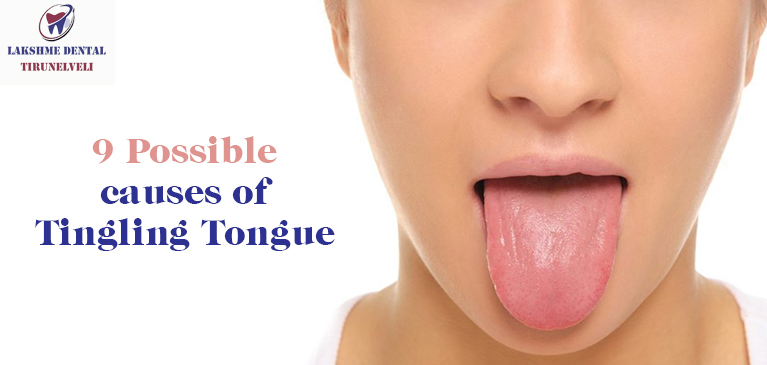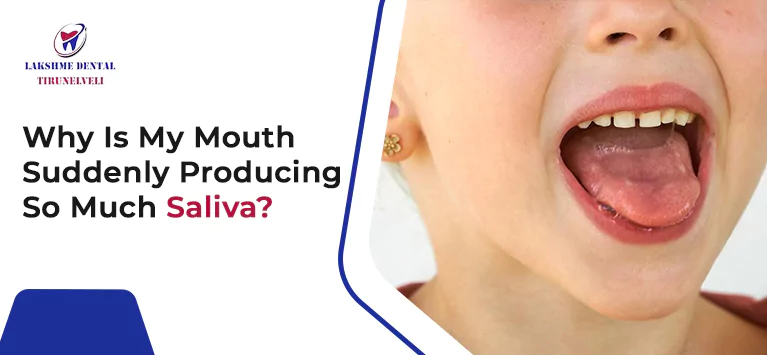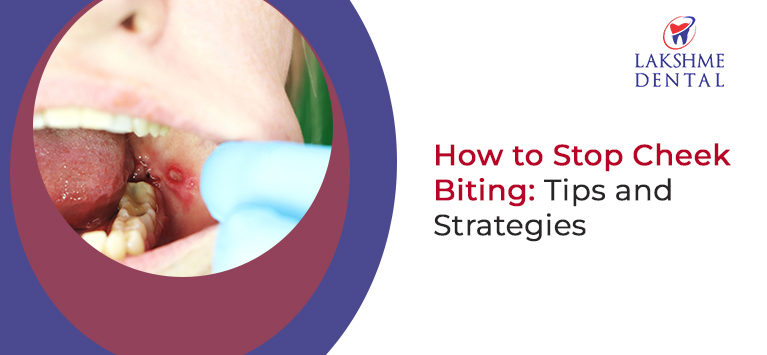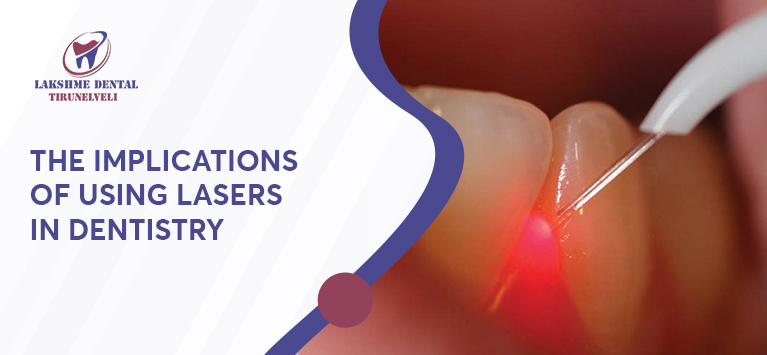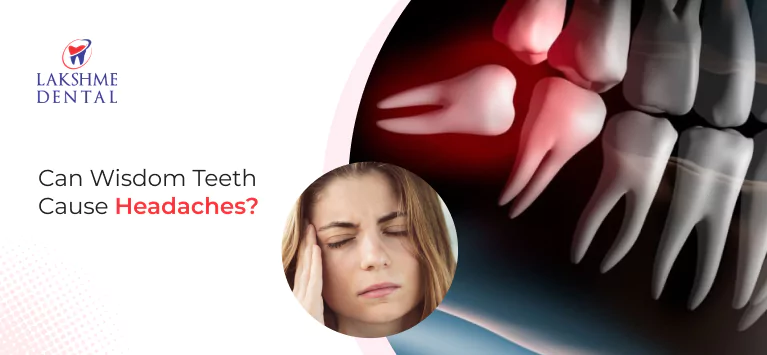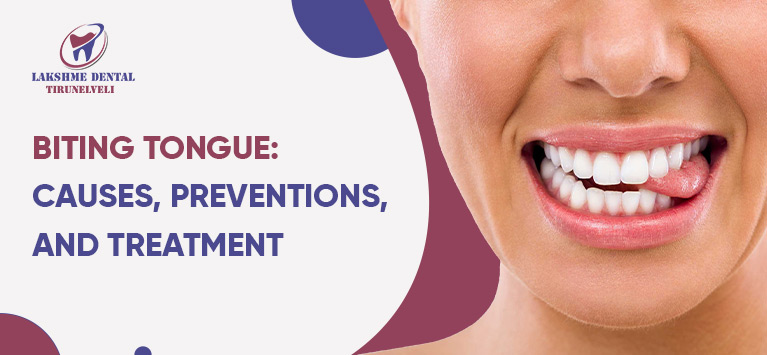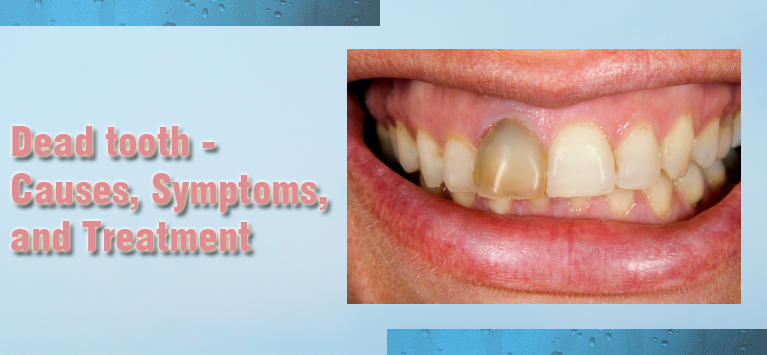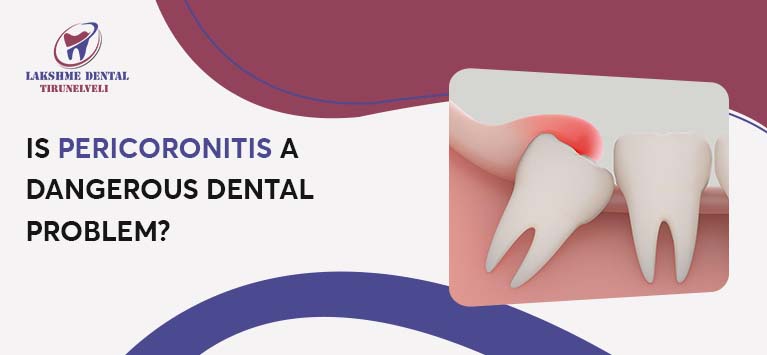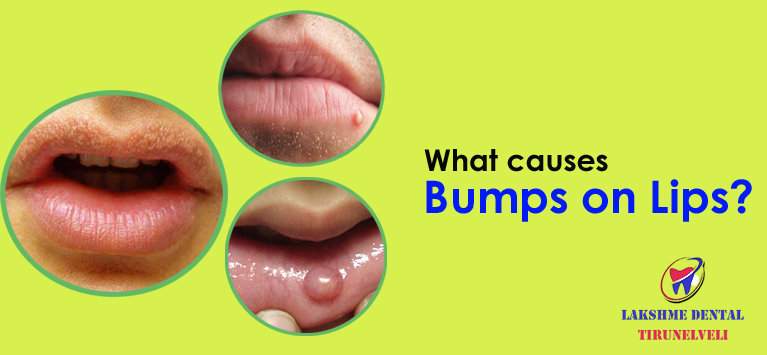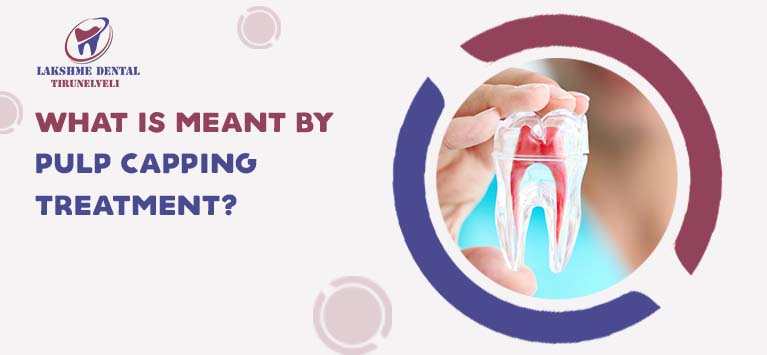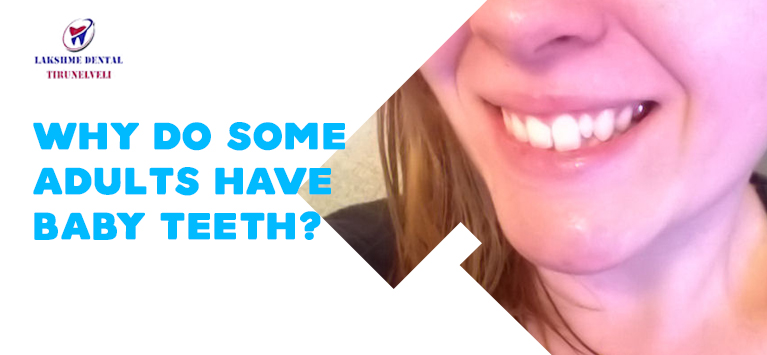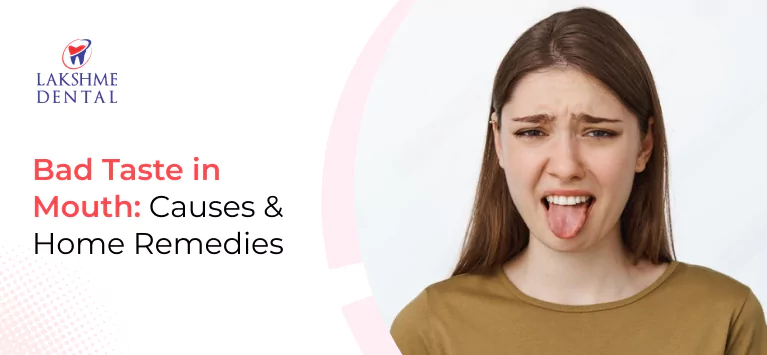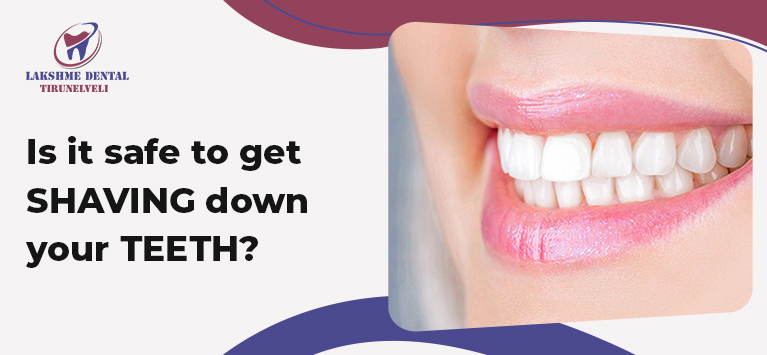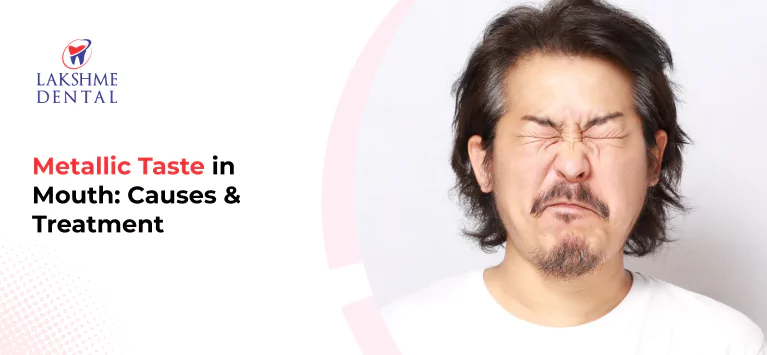
Metallic Taste in Mouth: Causes & Treatment
A metallic taste, also known as dysgeusia, can occur due to various reasons ranging from poor oral hygiene to any underlying health conditions.
A metallic taste, as the name suggests, is an unpleasant flavor that resembles metal, often described as being similar to licking a coin or chewing on foil. This sensation can affect the whole mouth or be localized to certain areas like the tongue or the roof of the mouth. In many cases, the taste comes and goes, but for some, it may persist.
While the metallic taste itself is not usually harmful, it can be a symptom of an underlying issue that requires attention.
Common Causes for Metallic Taste in Mouth
1. Poor Oral Hygiene
Poor oral hygiene is a common culprit behind the alkaline taste in your mouth. When you skip regular brushing and flossing, food particles and bacteria build up, which can cause bad breath and a copper taste. In particular, gum disease (gingivitis or periodontitis) and tooth infections can cause a metallic or sour taste. Maintaining proper dental hygiene will get rid of the copper taste in your mouth.
2. Medications
Certain medications can alter the way your taste buds function, leading to a metallic or rust taste. Antibiotics, antihistamines, blood pressure medications, and even some chemotherapy drugs can cause dysgeusia as a side effect. Talk to your doctor about the side effects of your medications.
If the metallic taste is bothersome, your doctor may be able to adjust your dosage or recommend an alternative medication.
3. Pregnancy
Many women report a metallic taste in their mouths during pregnancy, especially during the first trimester. This is often due to hormonal changes, particularly increased levels of estrogen and progesterone. These hormonal shifts can affect the way your taste buds perceive flavors, leading to the unpleasant metallic taste.
For most pregnant women, the metallic taste will subside after the first trimester. In the meantime, maintaining good oral hygiene and staying hydrated may help alleviate the taste.
4. Infections or Illnesses
Infections such as colds, sinus infections, and respiratory tract infections can cause a metallic taste, often due to nasal congestion or a post-nasal drip. Similarly, illnesses like diabetes, liver disease, kidney failure, and certain cancers can affect taste perception and lead to a metallic or bitter taste in the mouth.
If you have an underlying infection, treating the infection may help resolve the metallic taste. For chronic conditions, managing the underlying disease with the help of a healthcare provider may improve symptoms.
5. Vitamin or Mineral Deficiencies
Deficiencies in certain vitamins and minerals, such as zinc, vitamin B12, and folic acid, can alter taste perception, sometimes leading to a metallic flavor. A poor diet or absorption issues can result in these deficiencies.
Eating a well-balanced diet rich in fruits, vegetables, lean proteins, and whole grains can help prevent deficiencies.
If you suspect a deficiency, consult with your doctor who may recommend supplements to correct the imbalance.
6. Dental Issues
In addition to gum disease, other dental issues, such as tooth infections, abscesses, or poor-fitting dentures, can lead to a metallic taste. Fillings, especially amalgam fillings that contain mercury, have also been known to cause a metallic flavor in some people.
If you have amalgam fillings and experience a metallic taste, ask your dentist about possible alternatives.
7. Neurological Disorders
Certain neurological conditions, including stroke, Alzheimer’s disease, Parkinson’s disease, and multiple sclerosis, can affect the nerves responsible for taste. These conditions may lead to altered taste sensations, including a metallic flavor.
8. Exposure to Chemicals or Toxins
Prolonged exposure to certain chemicals, such as pesticides or heavy metals like lead or mercury, can lead to a metallic taste. This is more common in people who work in industries where they are regularly exposed to these substances.
9. Acid Reflux or GERD
Gastroesophageal reflux disease (GERD), a condition where stomach acid flows back into the esophagus, can lead to a metallic taste in the mouth. The acid can irritate the lining of the throat and mouth, causing an unpleasant flavor.
Avoiding spicy foods, eating smaller meals, and not lying down immediately after eating, can help reduce the metallic taste.
Treatment
The treatment for a metallic taste in the mouth largely depends on the underlying cause. Some general tips and remedies are listed down.
Practice good oral hygiene: Regular brushing, flossing, and rinsing with mouthwash can help maintain a clean mouth and prevent a metallic taste due to bacteria or gum disease.
Stay hydrated: Drinking plenty of water can help flush out any toxins or bacteria from your mouth and may reduce the intensity of the metallic taste.
Chew gum or mints: Opt for sugar-free gum or mints to boost saliva flow and help neutralize the metallic taste.
Adjust your diet: Eating foods that are rich in vitamins and minerals, particularly those that support oral health (such as vitamin C and zinc), may help improve taste sensation.
Talk to your doctor: If the metallic taste is persistent or bothersome, it’s essential to consult with your healthcare provider to identify any underlying medical conditions or medication side effects.
When to Seek Medical Help?
If the metallic taste in your mouth persists for an extended period, or if you experience other symptoms like difficulty swallowing, pain, or swelling, it’s important to seek medical attention. A doctor or dentist can help determine the cause and suggest appropriate treatments.
In some cases, the metallic taste may be a sign of a more serious underlying condition, such as a neurological disorder or liver/kidney disease, that requires medical intervention.
Conclusion
A metallic taste in the mouth can be uncomfortable, identifying the root cause is the first step toward finding a solution. If you’re unsure of the cause or if the metallic taste persists, don’t hesitate to consult with a healthcare professional.
By taking the appropriate steps and addressing the underlying cause, you can get back to enjoying your meals and beverages without the unwelcome metallic taste lingering in your mouth.

